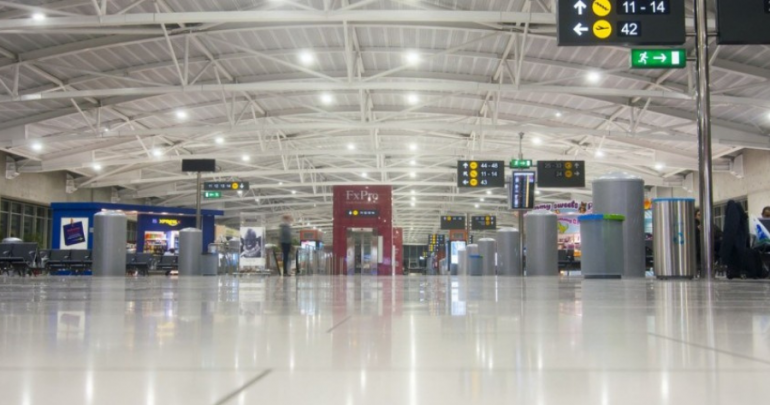The Council of Ministers today approved a proposal providing for the mandatory self-limitation of 72 hours and the performance of PCR laboratory test 72 hours after the arrival of all passengers arriving from Category A and B countries, thus strengthening the measures applied at the Airports of the Republic by their reopening in the summer of 2020.
It is emphasized that this decision is in addition to the other measures in force for arrivals depending on the country of origin. Therefore, the obligation of passengers from Category B countries to present a negative result of PCR examination 72 hours before departure, while the sampling laboratory tests at Larnaca and Paphos Airports continue. It is reminded that all passengers, regardless of country of departure, must complete the Cyprus Flight Pass.
It is clarified that the measure takes effect from Saturday, February 6, 2021. It is also noted that the cost for the laboratory examination (PCR) 72 hours after arrival is borne by the citizen.
The decision of the Council of Ministers took into account the data from the international literature so far that speak of increased transmissibility and aggressive spread of new strains of SARS-CoV-2 virus, but also the strong concerns caused at European level by their detection in several Member States of the European Union. Today's decision strengthens the Ministry of Health's effort, in line with the ECDC recommendations, to control the spread of new strains in the community, until the effects of the virus mutations are scientifically assessed.
It is recalled that Cyprus from 21 December 2020 implements additional measures for passengers from the United Kingdom, adopting the policy of mandatory restriction for a period of 7 days in hotels of the Republic and the laboratory examination on arrival and on the 7th day of arrival.
Through this practice, as of 21 December 2020, more than 15,000 passengers from the United Kingdom were examined and 133 cases were identified (positive rate: 0,9%).
